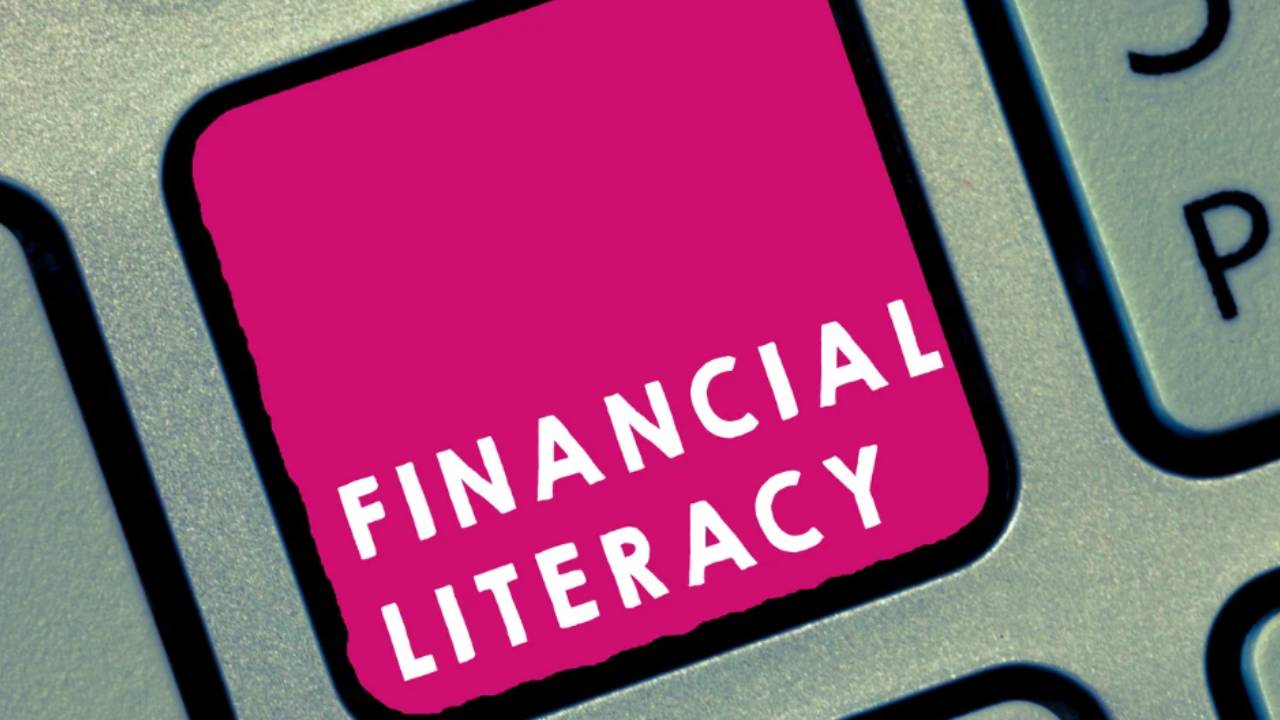What If the Real Education Gap Isn’t Academic at All?
Apr 04, 2025
April is Financial Literacy Month — a time when we shine a light on the importance of understanding money. But let’s be honest: most young people in the UK are still leaving education without the tools or the mindset they need to navigate the financial realities of adulthood. They might know how to pass exams, but they don’t know how to manage money — and the gap is showing.
Colleges and universities are under more pressure than ever to prepare students not just for employment, but for life. And the truth is, many know deep down they’re falling short when it comes to financial education. The resources are often dry or outdated, and don’t reflect the world young people are actually living in. Because let’s be clear — this generation isn’t just dealing with bank accounts and student loans. They’re dealing with a whole new financial landscape that’s evolving faster than most people can keep up with.
They’re being bombarded with influencer culture and the “instant lifestyle” — the idea that if they’re not travelling, wearing the latest trainers, or driving something flashy by the time they’re 22, they’ve failed. Buy now, pay later is normalised. Crypto is glamorised. Trading apps are marketed like games. And social media makes it all look easy — like wealth is just one click or one “side hustle” away. And the idea of waiting, saving, or thinking long term? It’s losing traction in a world that’s constantly shouting now, now, now.
And yet the support young people are getting inside educational settings often hasn’t changed. The same outdated budgeting sessions. The same one-off talks that tick the box but don’t really reach them. The same silence around the emotional and psychological side of money — which is, let’s be honest, the part that drives most financial decisions in the first place.
Money isn't just maths. It’s mindset. It’s wrapped up in beliefs we’ve inherited, the way we were raised, the fears we carry, the stories we tell ourselves. For young people, these beliefs can form early and stick hard — things like “I’ll never be good with money,” “people like me don’t have savings,” or “I’ll figure it out later.” These aren’t just thoughts. They become patterns. And unless they’re addressed, they’ll shape every financial choice for years to come.
Financial literacy isn’t just about helping students understand interest rates or how to open a savings account (though that’s part of it). It’s about helping them feel less ashamed and more empowered. It’s about teaching them to spot the difference between a real opportunity and a shiny trap. It’s about showing them how to be conscious with their spending, connected to their values, and intentional with their money — not reactive, not avoidant, not afraid.
Colleges and universities are in a powerful position to shift this. Young people are listening. They’re eager. They want support that feels relevant, not condescending. Real, not preachy. Transformational, not transactional.
Imagine if your institution could offer something more than a budgeting handout. What if it could offer a safe, non-judgmental space where students explored their beliefs about money, discovered how to build healthy habits, and started to feel capable, rather than overwhelmed?
Financial literacy shouldn’t be a tick-box. It should be a turning point. If you’re working in further or higher education and know your students deserve better when it comes to financial wellbeing — I’d love to have a conversation with you. Whether it’s a workshop, an ongoing programme, or something tailor-made for your student community, there’s a way to do this differently — and do it well.
The goal isn’t just to help students survive financially. It’s to help them thrive — now and for the rest of their lives.
